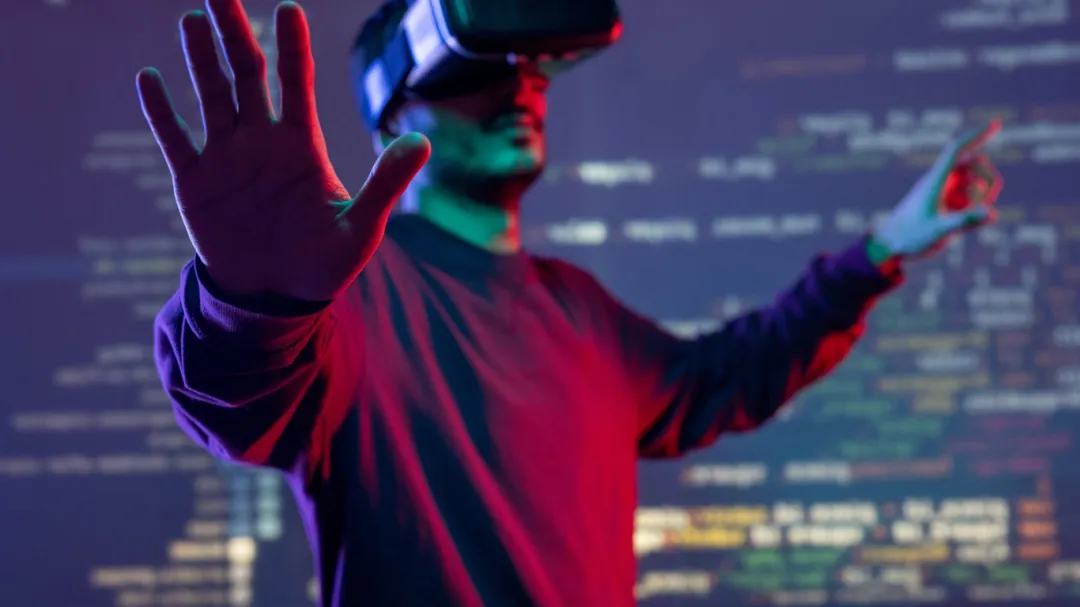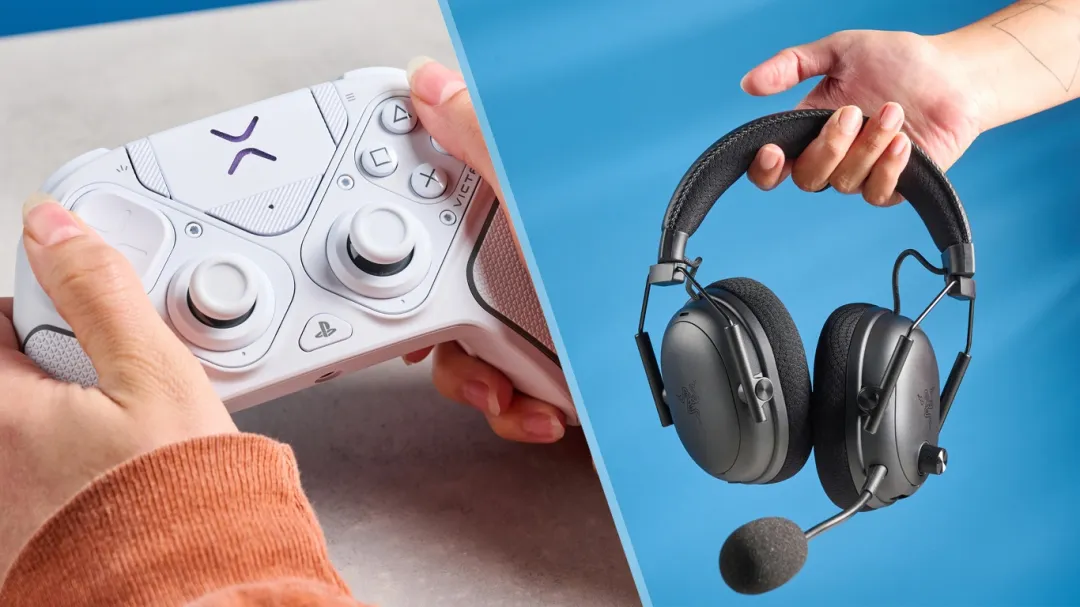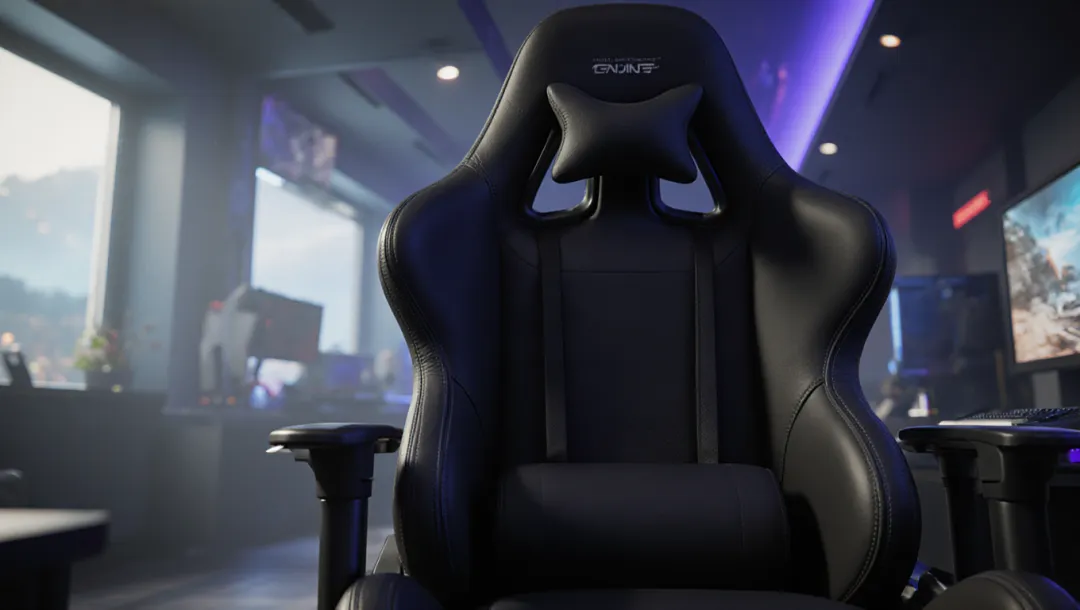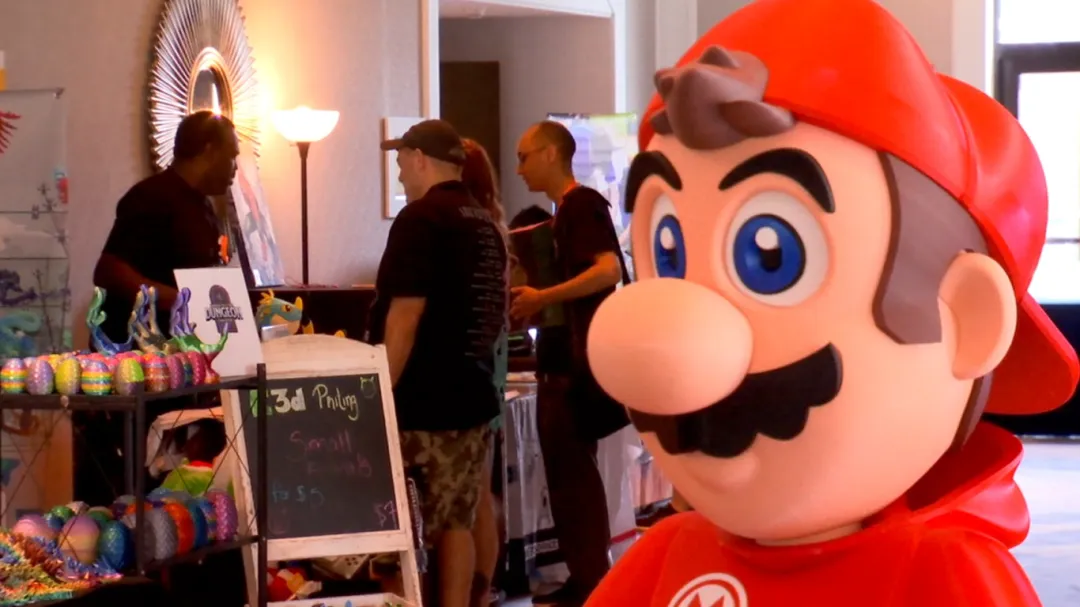VR Transforming Brain Surgery Rehab

London has emerged as a pioneering hub where healthcare professionals are harnessing virtual reality (VR) and gaming technologies to advance rehabilitation protocols for patients recovering from brain tumor surgeries. This cutting-edge approach focuses on providing a controlled yet dynamic environment, allowing patients to perform repetitive and task-specific movements critical to motor function recovery.
Experts at the King’s Health Institute emphasize that traditional rehabilitation methods often face limitations in patient engagement and consistency. VR addresses these challenges by immersing patients in interactive simulations that replicate real-life scenarios, thereby stimulating neural pathways and encouraging motor relearning.
Dr. Elizabeth Monroe, lead neurologist at King’s Health Institute, states, ‘VR and gaming platforms are not just innovative tools but transformative agents that redefine post-surgical recovery. Patients exhibit higher motivation and improved outcomes when therapy is conducted within virtual environments tailored to their specific functional needs.’
Data from recent clinical trials highlight significant improvements in motor coordination and cognitive function among patients utilizing VR-based rehabilitation compared to conventional therapies. This technology also contributes to psychological well-being by reducing the monotony typically associated with repetitive physical exercises.
As the global incidence of brain tumors continues to challenge healthcare systems, the integration of virtual reality into rehabilitation practices represents a promising frontier. This method underscores the evolving intersection between technology and medicine, offering renewed hope to patients facing demanding recovery journeys.


